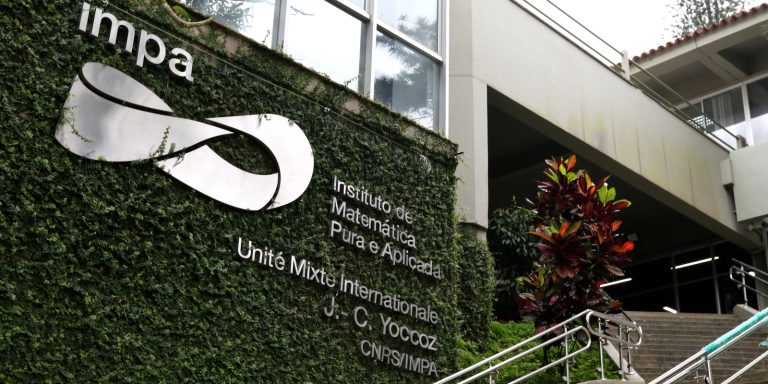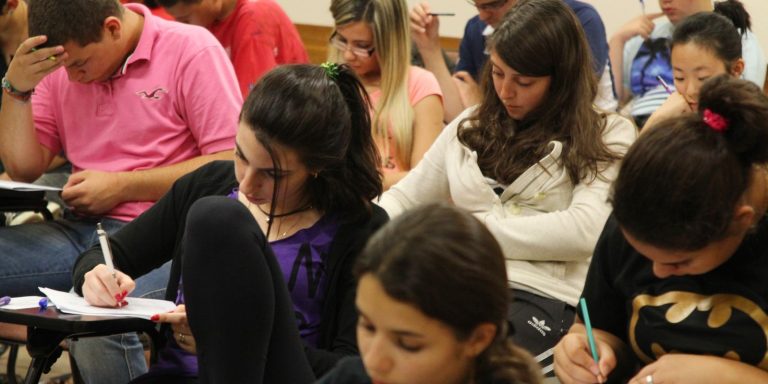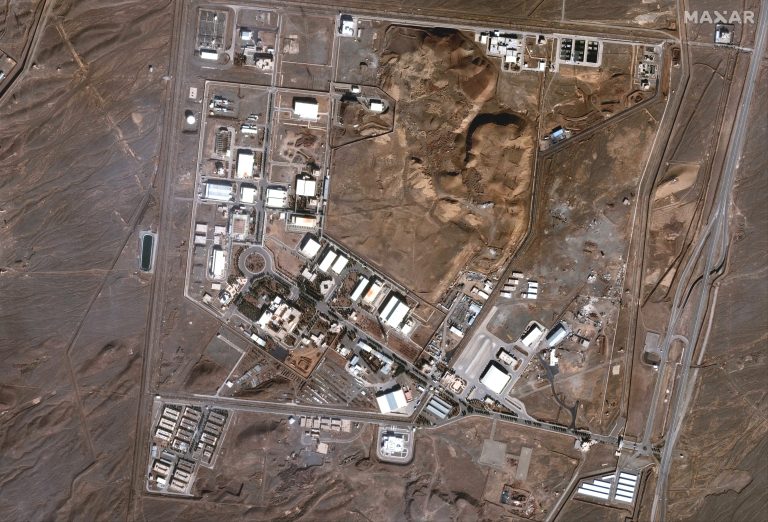
With support from Fapesp and telecom carrier Claro, the new Applied Research Center will bring together over 100 researchers to develop disruptive solutions in areas such as smart cities, Industry 4.0, and agrotech

.
 The new Applied Research Center (CPA) at USP will focus on developing solutions involving emerging technologies related to 5G and generative artificial intelligence (AI). The initiative is a partnership between Claro, the São Paulo Research Foundation (Fapesp), and USP. It was launched in late April during the Web Summit Rio, one of the world’s largest technology and innovation conferences, held annually in Rio de Janeiro.
The new Applied Research Center (CPA) at USP will focus on developing solutions involving emerging technologies related to 5G and generative artificial intelligence (AI). The initiative is a partnership between Claro, the São Paulo Research Foundation (Fapesp), and USP. It was launched in late April during the Web Summit Rio, one of the world’s largest technology and innovation conferences, held annually in Rio de Janeiro.
USP was selected through a public call published in August last year, which brought together a group of researchers affiliated with the institution. The initiative is expected to receive over R$40 million in investments from the three parties over five years. According to initial plans, USP’s campus in São Paulo will host a major research facility for testing and demonstrating new technologies, and will serve as the base for projects in the areas of smart cities, Industry 4.0, and agrotech, with a focus on 5G and generative AI.
The partnership aims to foster internationally competitive research aligned with societal needs, engaging students and researchers from a wide range of disciplines. To support this goal, the project team also includes scientists from nine partner institutions, such as the Institute for Technological Research of the State of São Paulo (IPT), the National Service for Industrial Learning of São Paulo (Senai-SP), and other leading universities.
“The center, in partnership with Claro, creates significant opportunities for research and development of innovative applications in intelligent systems, integrating generative AI techniques into advanced wireless networks. With this partnership, Claro and USP, with Fapesp’s support, are taking an essential step towards integrating academia and business in Brazil, intending to generate new solutions for society,” Eduardo Zancul, a professor at USP’s School of Engineering (Poli) and the new center’s director, says.
For Rodrigo Assad, university professor and director at beOn Claro, who will serve as the CPA’s vice-director,the partnership marks a significant step forward in the company’s innovation journey. “Claro is always seeking out what’s new, promoting initiatives that prioritize technological advancement to transform our world. This alliance with Fapesp and USP is the result of years of collaboration among key players in the innovation ecosystem. As a telecom carrier, we have access to technologies with immense potential that remain underexplored, and our connection with academic research is essential to unlocking the full capacity of emerging technologies for the benefit of both business and society,” Assad says.
Initially, more than 40 research projects, covering topics such as networks, smart cities, Industry 4.0, and agrotech, will engage over 100 researchers. The telecom carrier expects the initiative to generate solutions that can be brought to market and scaled nationally and even internationally.
Professor Marcio de Castro, Fapesp’s scientific dean, emphasizes the importance of investing in initiatives like this to stimulate development. “Funding research in networks, smart cities, industry 4.0 and agrotech through Fapesp’s Applied Research Centers modality is fundamental to promoting technological innovation, training highly qualified human resources and stimulating the transfer of knowledge to society and the productive sector,” he adds.
By: Fapesp Agency
English version: Nexus Traduções, edited by Denis Pacheco















